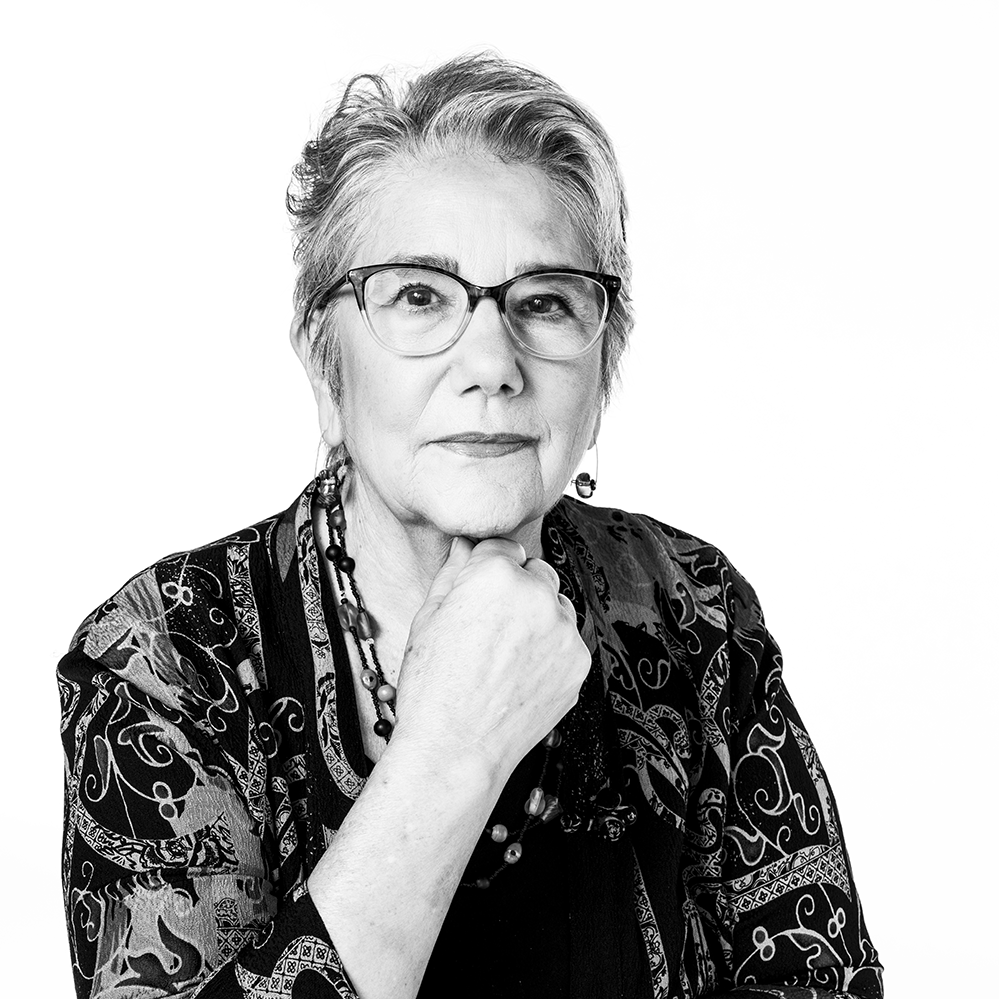Despite the popular myth that the foreskin (or prepuce) is “just a flap of skin,” it is actually a complex structure that plays a significant role in both penile protection and sensual/sexual enjoyment. Identified by Canadian anatomist Dr. John R. Taylor, the ridged band encircling the inner layer of the foreskin, has 12 to 14 ridges and tens of thousands of specialized erogenous nerves that let a man know what his penis is feeling and where he is in relation to the ejaculatory threshold. When the foreskin is retracted, the main part of the ridged band lies across the top and sides of the shaft of the penis.
Stretching of the accordion-like ridged band triggers important sexual reflexes and erogenous sensation. Without it, men complain of premature ejaculation because they lack nerves to tell the brain specifically what the penis is feeling. C.J. Fallier wrote in 1970, “The fundamental biological sexual act becomes, for the circumcised male, simply a satisfaction of an urge and not the refined sensory experience it was meant to be.”
The ridged band is contiguous with the frenulum, a sensitive mucosal membrane on the underside of the penis that attaches the foreskin to the glans (head of the penis). After retraction, the penile frenulum pulls the foreskin back to its forward position, covering and protecting the glans penis and urinary meatus (opening). When a male has been circumcised, whatever remains of the frenular tissue becomes the most sensitive part of his penis.
Structurally, the penis is highly integrated and, according to Dr. Taylor, “The glans, foreskin, and skin of the penile shaft function as a single unit, not as a collection of separate parts with entirely different functions. The functions of the glans and foreskin are similar, and overlapping, but come fully into their own at different times during intercourse.”





